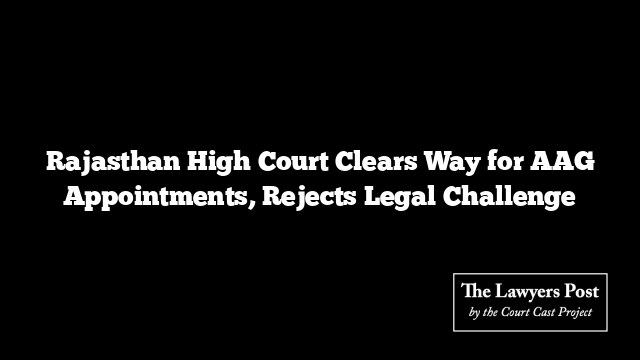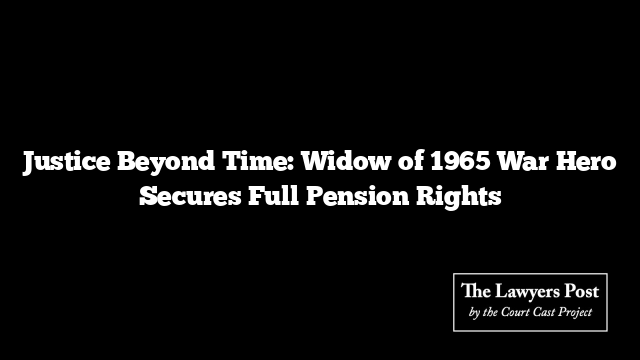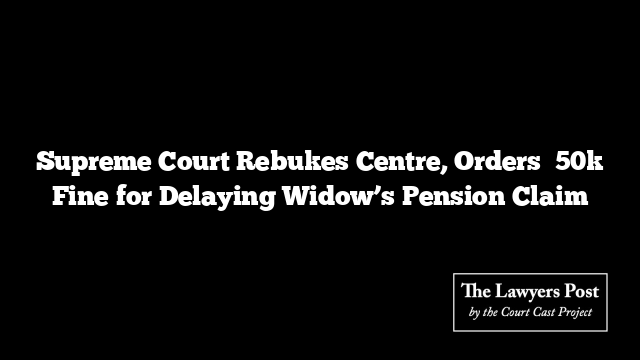In a decisive move, the Rajasthan High Court has thrown out a legal challenge questioning the appointments of Additional Advocate Generals (AAGs) and law officers, affirming that the process was conducted lawfully and without grounds for dispute.
The petition, filed by Ishwar Prasad, argued that the appointments made in early 2024 were arbitrary and violated various legal provisions, including the Supreme Court’s judgment in State of Punjab v. Brijeshwar Singh Chahal. Prasad’s plea contended that the appointments flouted guidelines outlined in the Rajasthan Law and Legal Affairs Department Manual and the Rajasthan State Litigation Policy, citing a lack of public advertisements and failure to adhere to procedural norms. He also raised concerns over the absence of reservation quotas for certain groups.
However, the Bench, led by Justices Shree Chandrashekhar and Rekha Borana, was unimpressed with the petitioner’s argument. The Court pointed out that no evidence was presented to show any legal irregularity or ineligibility among the appointees. The plea did not provide any specific facts regarding the credentials or qualifications of the law officers in question, nor did it demonstrate how the appointments could be considered improper.
“The petition fails to establish any flaws in the appointments or to provide any concrete proof of ineligibility. The lack of supporting facts renders the challenge legally unsound,” the Court stated.
The State countered the challenge by asserting that the roles of AAGs and law officers were not employment positions but professional, contractual appointments made after consultation with the Advocate General. The State also emphasized that similar appointments in previous years had not faced legal opposition.
Despite reliance on the earlier Supreme Court decision in Brijeshwar Singh Chahal, the Court noted that subsequent rulings had significantly altered the legal landscape, weakening the petitioner’s position. The justices ruled that vague and unsupported claims could not form the basis of a legal challenge.
In the end, the Court dismissed the petition, emphasizing that the appointments were made in full compliance with legal procedures and were not subject to challenge based on unverified allegations.





